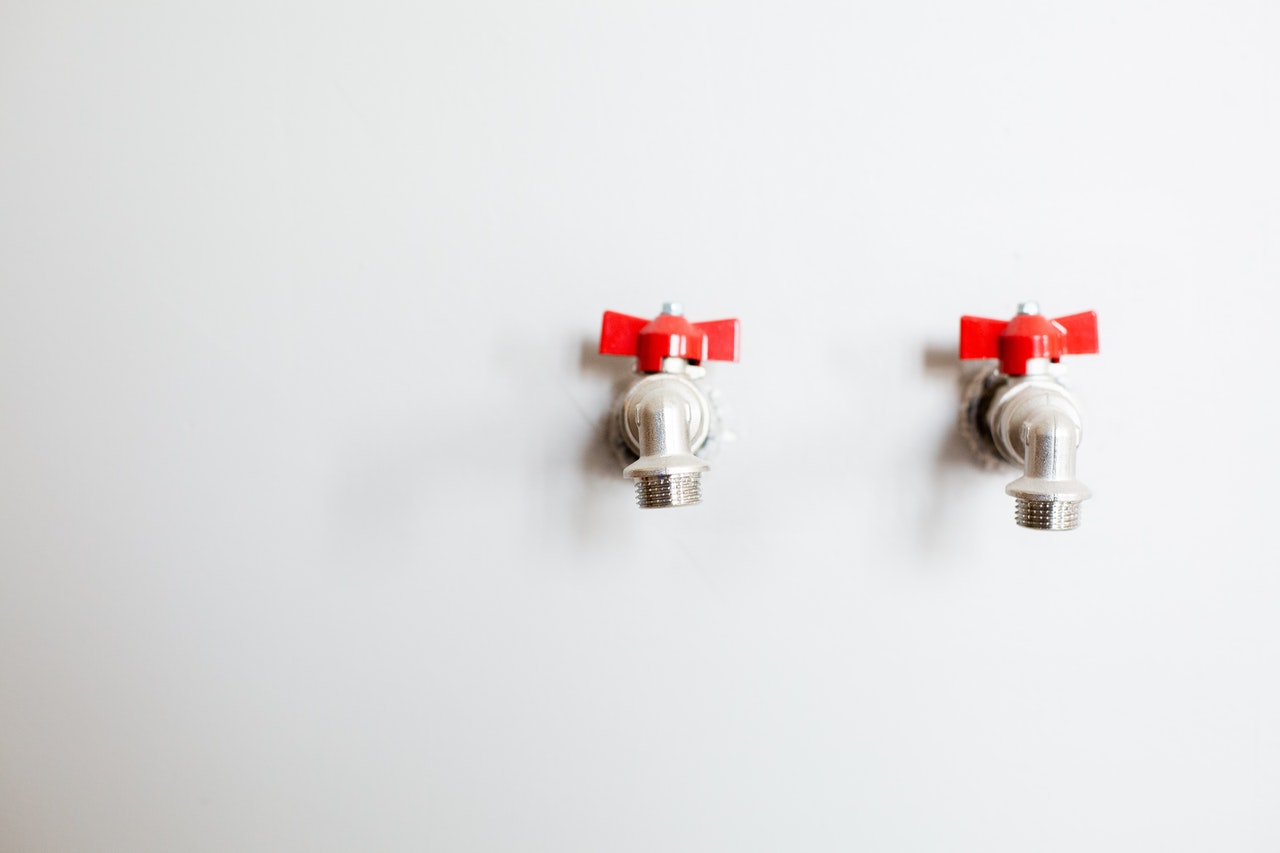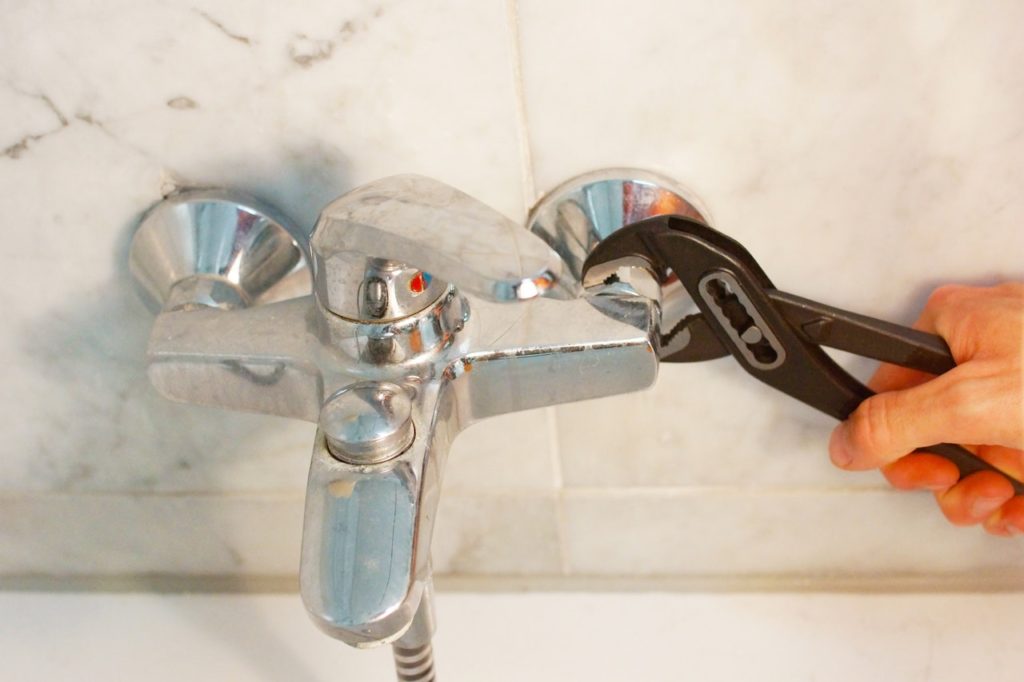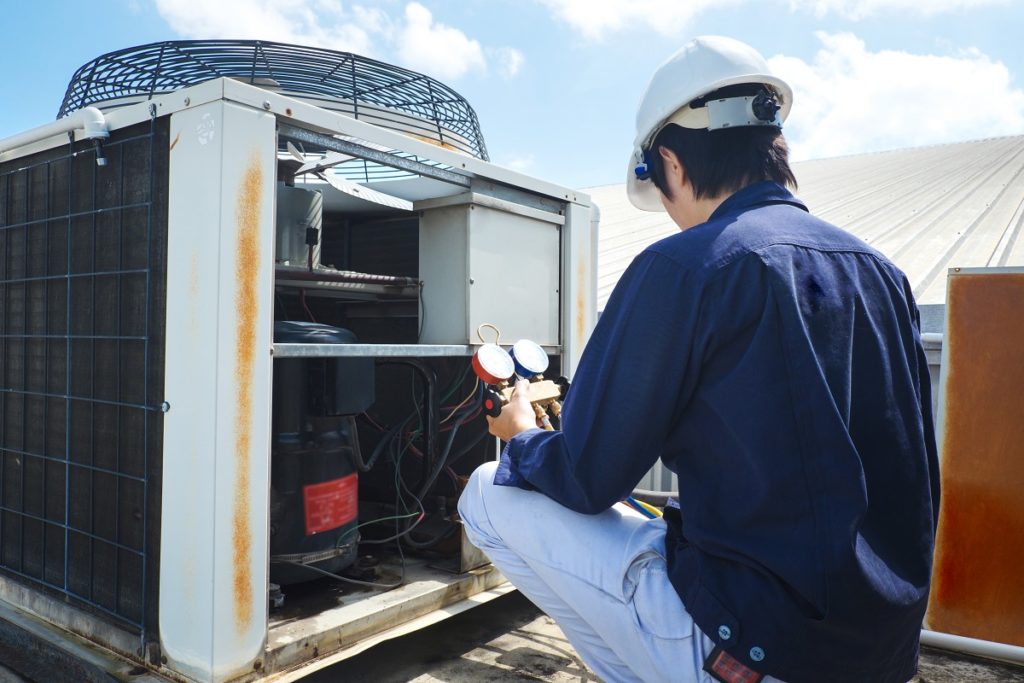Purchasing a home is a major investment. Before you sign the contract and shake hands with the seller, you need to make sure that you know the property you’re buying from the inside out.
When inspecting a home, don’t forget to take a look at the residential property’s plumbing system. Any house can run into a range of plumbing problems — many of which aren’t immediately apparent without performing assessments or tests.
Here are the plumbing checks you should do before you buy the home of your dreams:
1. Sinks, Toilets and Faucets
Begin by checking the condition of these three plumbing components. Determine the water pressure by turning on every faucet on the property. Find out if the water is draining easily from the sinks.
When inspecting the toilets, you want to perform test flushes to make sure that the water drains out properly. Also, keep an eye out for leakages by looking around the base of the toilet.
If the water isn’t draining easily from the toilet or sink, this could point to a clogged or partially obstructed drain. This red flag may result in expensive repairs or a call from a drain cleaning company, so taking the time to check is worth it.
2. Water Meter
The next step is to get a close look at the home’s water meter. Begin by turning off all the faucets in the house. Then, head over to the water meter. If you find the device still running, it’s an indication of a leak somewhere in the property.
On top of inspecting the water meter, you should look at the operation of the property’s main shutoff valve. Shut off this valve then turn on a few faucets inside the house. You may have a plumbing issue if you find water coming out of one of the faucets.

3. Water Heater
The hot water system of a property is something you shouldn’t overlook, as it can be costly to replace or fix. When inspecting the home’s water heater, keep the following factors in mind:
- Size – Get a plumbing professional to evaluate and take note of the capacity of the water heater to figure out if the unit is large enough for the size of the residential property. Houses with hot tubs, for instance, may have water heaters that can’t meet the required water volume. When purchasing a house, check if the water heater capacity satisfies the needs of your family.
- Age – The life expectancy of a typical water heating system is approximately 10 years. Not all appliances, however, show their age. If possible, check the installation date of the water heater. Nearly all manufacturers can provide the age of the appliance if you have the model and serial number. Alternatively, hire a plumber to confirm if the water heater is up to code and operating optimally.
- Condition – Keep an eye out for corrosion on the pipes of the water heater tank. If corrosion is present inside the tank, you’ll need to get a new water heater. Also, check the perimeter of the unit and confirm if all the necessary connections are in place.
- Location – Determine where the water heating system is situated and see if its placement could result in property damage. Tip: You can typically find these appliances in discreet locations, such as water heater closets and utility rooms.
4. Main Sewer Drain
Checking the condition of this plumbing feature is vital. If you’re purchasing an old home, the sewer drain could be deteriorating due to age. Also, the line could have tree roots growing into it. Certain tree species, such as ash trees and cottonwoods, grow tree roots that invade sewer lines.
Performing an inspection of the main sewer drain isn’t as easy as simple as flushing the toilets. You’ll need to hire a professional plumber to conduct a camera inspection. If the plumber confirms a problem, be ready to shell out money for repairs.
5. Presence of Lead
A residential property that has pipes made using lead should be a deal-breaker for any home buyer. You should only purchase that house if the seller is willing to replace the pipes. Otherwise, just walk away and look for another property, as replacing lead pipes is a headache you’ll want to avoid.
If you’re unsure whether the piping contains lead, conduct a water test before purchasing a home. Get in touch with the local drinking water utility or health department and inquire how to go about this procedure.
Don’t take the condition of a home’s plumbing system for granted. Check these five features to uncover problems that may not be disclosed by the seller. And move into your new home without surprises.




